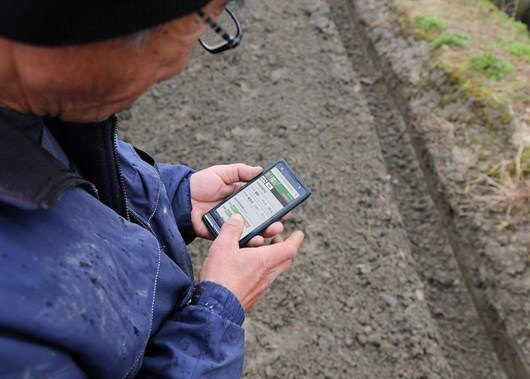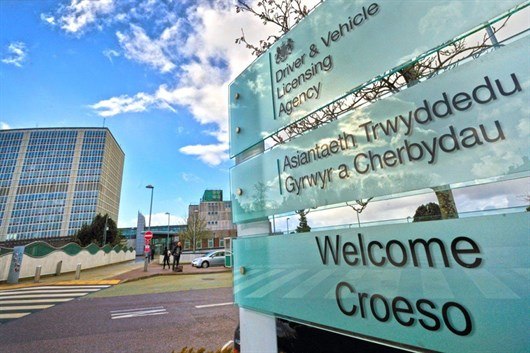Trading Standards reports "huge surge" in scams linked to cost-of-living crisis

- Chartered Trading Standards Institute reports a huge spike in energy scams linked to the cost-of-living crisis
- Half of all adults in the UK are getting a scam email, text or phone call each month, suggests survey from Office for National Statistics
- Over 40 million people were targeted by scammers in 2021, according to Citizens Advice
The cost-of-living crisis has created a new spate of scam emails, text messages and phone calls as criminals look to exploit vulnerable consumers and Government funded support schemes.
The Chartered Trading Standards Institute (CTSI) has reported "a huge surge in energy efficiency scams'', offering rebates and offers to apply for grants. The Office for National Statistics (ONS) has also recorded a significant increase in criminal activity, with a survey showing that half of adults had received a "phishing" communication in the past month.
Phishing is when criminals attempt to trick people to reveal important personal or banking information via a scam email, text message or phone call. More than 40 million people were targeted by scammers in 2021, according to Citizens Advice.
On 17 October, Chancellor of the Exchequer Jeremy Hunt rolled back on the Government's two-year energy price guarantee, saying the scheme would end in April 2023. This has fuelled fears that confusion around the scheme will result in more energy scams, as crooks look to target electric car drivers and cash-strapped motorists.

"There has been a huge surge in energy efficiency scams offering rebates and offers to apply for grants," said CTSI Lead Officer for Scams and Doorstep Crime, Katherine Hart.
“We see some of the texts or emails asking people to click on a link that takes them to an official booking platform where they are asked to submit personal information. This is a ruse to data harvest, often to scam the person at a later date."
According to a report by the Office for National Statistics, the telephone-operated Crime Survey of England and Wales (TCSEW) found a nine-fold rise in "advance fee fraud" (where victims are asked to make an upfront payment for goods or services which don't exist) and a 57 per cent increase in consumer and retail fraud from pre-pandemic levels.
The TCSEW polls 30,000 people every month and the latest data shows that more than half of the phishing messages were from senders posing as delivery companies. One third of messages claimed to be from a bank or building society, while 25 per cent of messages posed as a Government department.

The DVLA has told HonestJohn.co.uk that it does not send text messages to drivers about road tax VED refunds and recipients should delete any such messages.
The Office for National Statistics report suggests that three per cent of people who receive suspected scam messages will reply or click on a link, which is equivalent to more than 700,000 people across England and Wales. Of those who replied or clicked on a link, 11 per cent provided information that could be used by fraudsters.
In the report, Detective Chief Superintendent Oliver Shaw, City of London Police said: "Phishing scams continue to pose a significant threat for both individuals and businesses. I would urge everyone to be vigilant of unexpected messages or calls that ask for your personal or financial information.
"Remember, your bank, or any official source, will never ask you to supply personal information via email or text message."
What do scam messages look like and what do they say?
Scam 'phishing' messages are sent via email or text message. They may claim to be from your bank, building society or a Government agency (like the DVLA). In most cases, they will promise some financial reward (a rebate or full refund) and ask you to click a link to process the payment.
The scam is designed to deceive you into handing over personal and financial information or parting with money. They will often be very convincing, using brand or company logos and linking to websites which appear genuine.
How can I protect myself from scams and phishing?
Contact the organisation directly and confirm the source of the message. Banks, building societies and Government departments will not email, text or phone you to ask for payment or to process a refund.
If you think you have passed personal information or money to a scammer, inform your bank and report it to Action Fraud by calling 0300 123 2040. You can also report spam texts and phone calls to Ofcom.
Am I being targeted by an overpayment scam?

Should I buy a car that hasn't been serviced in line with the manufacturer's maintenance schedule?


